
MAY 2025
Intake

1. Why Study in Ireland?
World-Class Education: Renowned for high-quality education and globally recognized degrees.
English-Speaking Environment: No language barriers for English-speaking students.
Rich Culture: Vibrant history, welcoming people, and dynamic student life.
Thriving Job Market: Access to top global companies, especially in tech, finance, and pharma.
Stay Back Option: Post-study work visa allows students to gain international work experience.
2. Admission Requirements
Undergraduate Programs:
High school diploma or equivalent (e.g., A-levels, IB).
Minimum academic scores (depends on university and course).
Proof of English language proficiency (IELTS, TOEFL, or PTE).
Postgraduate Programs:
Bachelor’s degree with a minimum grade requirement (varies by program).
Work experience (if required for MBA or professional courses).
Personal statement and academic references.
3. English Language Requirements
Undergraduate & Postgraduate Programs:
IELTS: 6.0–6.5 (no band below 5.5–6.0).
TOEFL: 79–90.
PTE: 58–63.
4. Tuition Fees and Costs
Tuition Fees:
Undergraduate: €9,000–€18,000/year.
Postgraduate: €9,000–€25,000/year (varies by program).
Living Costs:
Estimated at €10,000–€12,000/year (includes accommodation, food, transport, and other expenses).
5. Scholarships
Government and University Scholarships:
Government of Ireland International Education Scholarship.
Irish Research Council Scholarships.
University-specific scholarships (check individual university websites).
Private Funding Options:
Erasmus+ for EU students.
Scholarships for STEM and innovation programs.
6. Top Universities in Ireland
Trinity College Dublin (TCD)
University College Dublin (UCD)
National University of Ireland, Galway (NUI Galway)
University College Cork (UCC)
Dublin City University (DCU)
University of Limerick (UL)
Technological University Dublin (TU Dublin)
7. Application Process
Choose a Program: Research universities and courses.
Prepare Documents:
Academic transcripts.
English proficiency scores.
Personal Statement and CV.
Letters of Recommendation.
Apply Online:
Undergraduate: Apply via the Central Applications Office (CAO).
Postgraduate: Directly through university websites.
Receive Offer Letter: Either conditional or unconditional.
Accept Offer: Pay the required deposit to secure your place.
8. Student Visa Process
Types of Visas:
Short Stay (C Visa): For courses less than 90 days.
Long Stay (D Visa): For courses longer than 90 days.
Documents Required:
Acceptance letter from an Irish institution.
Proof of payment for tuition fees.
Proof of financial means (€10,000 in savings).
Valid passport.
Medical insurance.
Proof of English proficiency.
Processing Time: 4–8 weeks.
9. Accommodation Options
On-Campus Accommodation:
Convenient but limited availability.
Costs: €5,000–€8,000/year.
Off-Campus Accommodation:
Shared apartments or student houses.
Costs: €500–€1,000/month (depends on location).
Temporary Accommodation:
Hostels or Airbnb for initial stay.
10. Part-Time Work Opportunities
Working Hours:
20 hours per week during term time.
40 hours per week during holidays.
Typical Jobs:
Retail, hospitality, or on-campus roles.
Pay: €10.50/hour (minimum wage).
11. Health Insurance
Mandatory for All Non-EU Students:
Private health insurance: Costs ~€120–€300/year.
Options include companies like Irish Life Health, VHI, or Laya Healthcare.
12. Post-Study Work Opportunities
Stay Back Option:
1-year post-study visa for bachelor’s graduates.
2-year post-study visa for master’s graduates.
In-Demand Fields:
Technology (IT, AI, cybersecurity).
Pharmaceuticals and life sciences.
Finance and accounting.
13. Cultural and Practical Tips
Irish people are friendly and informal; building connections is easy.
Learn about Irish history and traditions to blend into the culture.
Use public transport systems like buses and trains for affordable travel.
Manage finances through local banks like AIB or Bank of Ireland.
14. Popular Cities for Students
Dublin: Capital city with a vibrant student and professional scene.
Cork: Known for its scenic beauty and quality of life.
Galway: A cultural hub with a youthful vibe.
Limerick: Affordable living with top-notch universities.
Maynooth: Quiet and academic-friendly.
Essential Information for Studying in the Ireland
Key information for international students: living costs, health services, part-time jobs, and top universities.
Top Universities in Ireland
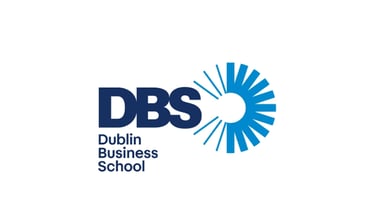

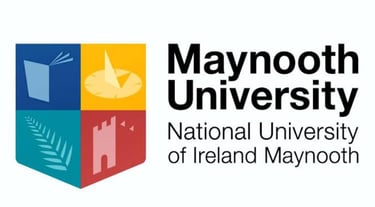

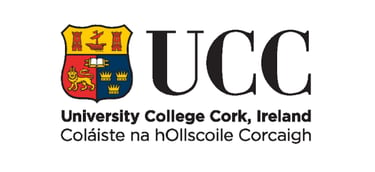

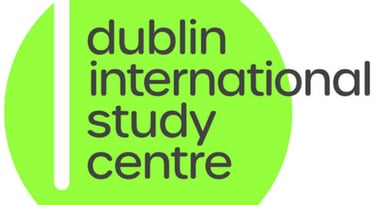

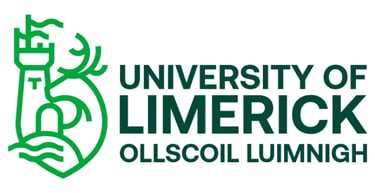

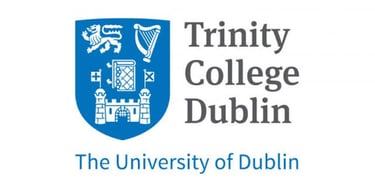

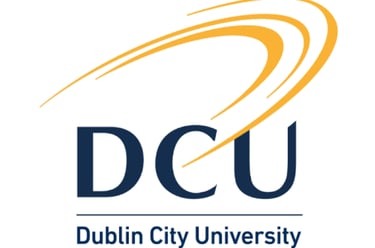

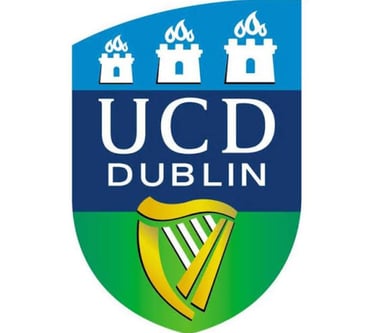

MEQAT STUDY CONSULTANTS
© 2024. All rights reserved.
STUDY DESTINATIONS
USEFUL LINKS
CAS Preparation
Accommodation Abroad
Work Permit After Studies
Visa Process Guide
Pre-Departure Information
Head Office!
M 1-4, Mezzanine Floor, Jeddah Centre, Raja Gahazanffar Ali Rd, Saddar, Karachi, Pakistan
ceo@meqatstudyconsultants.com
Our Offices: KARACHI | LAHORE | ISLAMABAD | Bahawalpur
